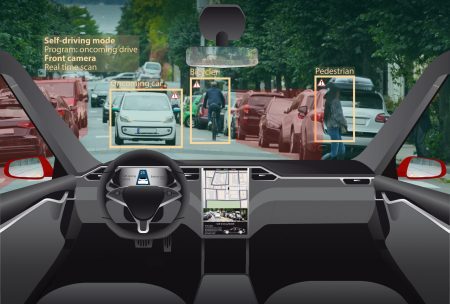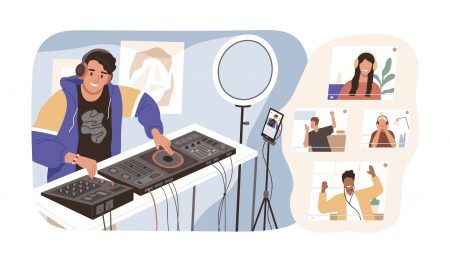With self-driving cars gaining traction in today’s automobile landscape, the issue of legal liability in the case of an accident has…
Browsing: The Conversation
In 2019, US President Donald Trump declared “space is the new war-fighting domain”. This followed the creation of the US Space Force…
With nightclubs shuttered, DJs have been particularly hard hit by the pandemic. To make up for a lack of regular…
It is extremely possible that you might be opting to take a road trip this December, even though travel restrictions…
Young kids believe that YouTube videos are better for learning than TV shows or videos created on a researcher’s smartphone.…
The audio on the otherwise shaky body camera footage is unusually clear. As police officers search a handcuffed man who moments before…
If you take classes online, chances are you probably procrastinate from time to time. Research shows that more than 70% of college…
Daniel Bliss is a professor of electrical engineering at Arizona State University and the director of the Center for Wireless…
I walk outside my rural Saskatchewan house before dawn and look up, expecting to have my breath taken away by…
It sounds like science fiction: giant solar power stations floating in space that beam down enormous amounts of energy to…










